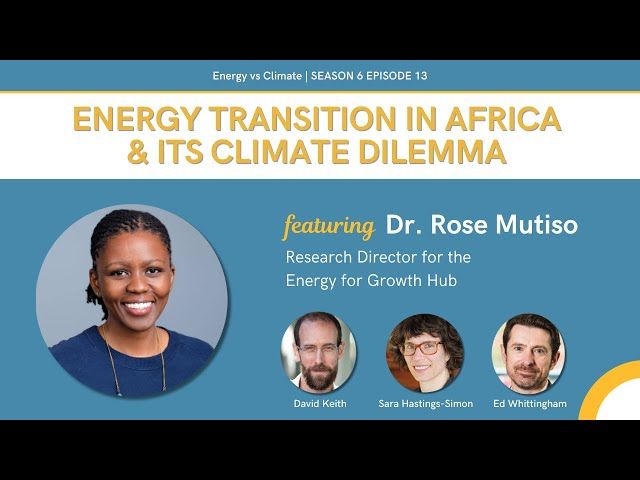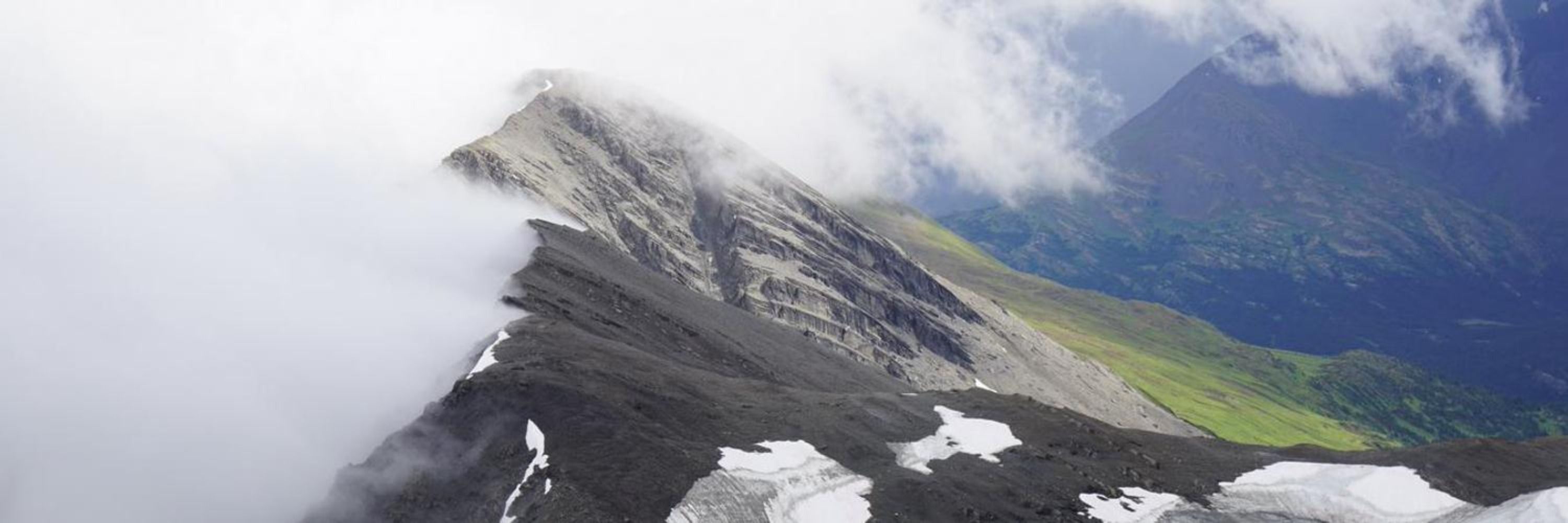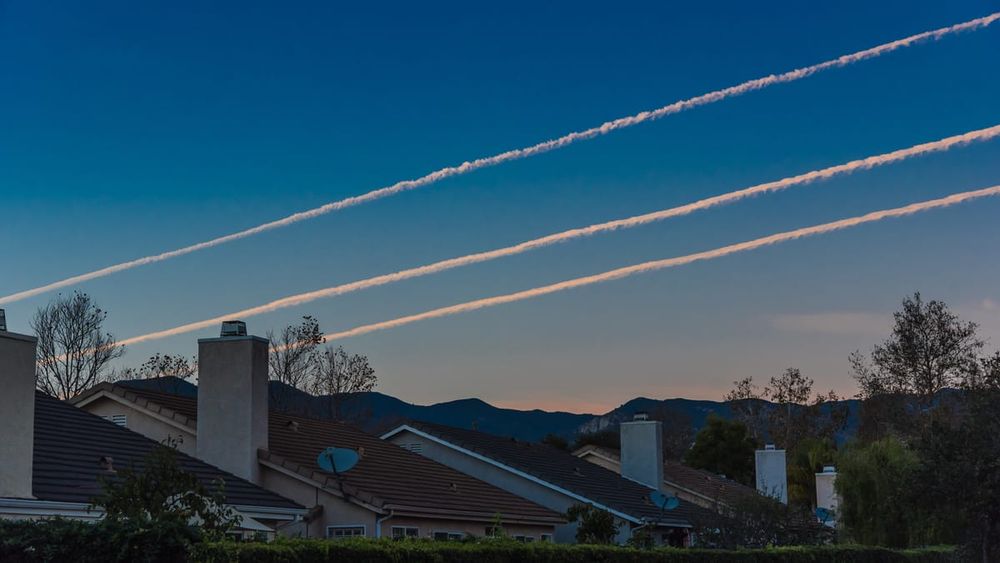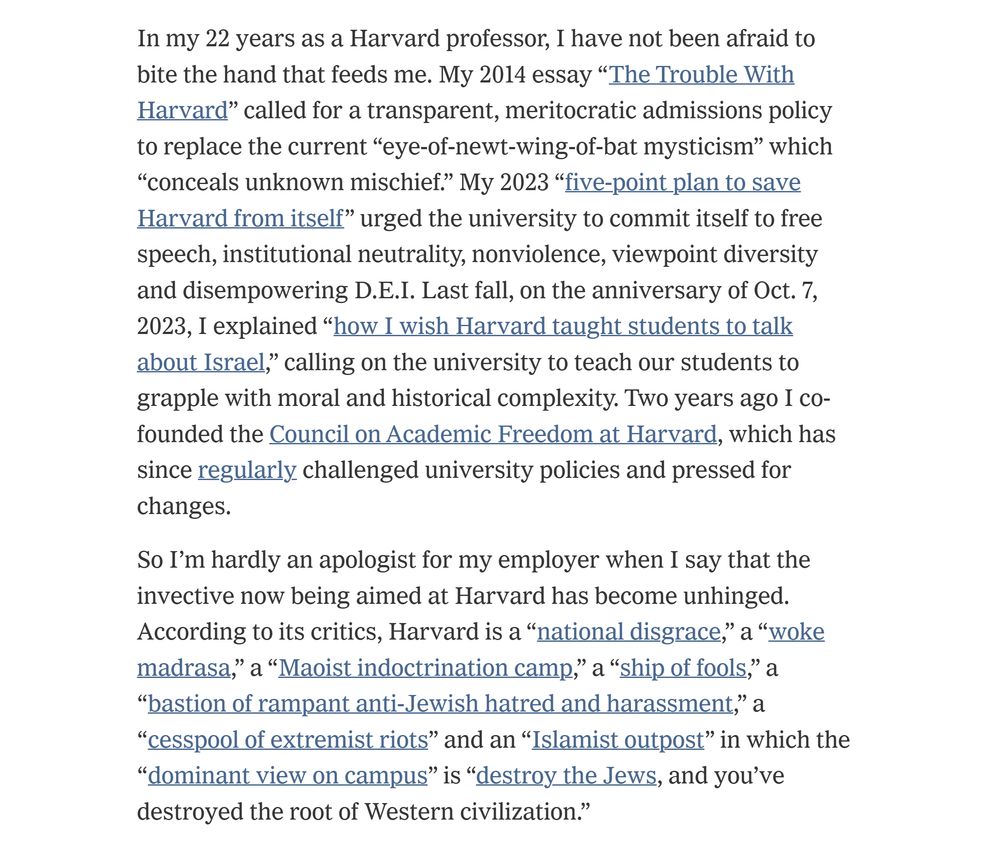David Keith
@davidkeith.bsky.social
3.4K followers
130 following
160 posts
Climate science and technology policy since 1989. Building Climate Systems Engineering at UChicago. Founded Carbon Engineering. Work interferes with my climbing.
Read about me and my work at https://davidkeith.earth/
Posts
Media
Videos
Starter Packs
David Keith
@davidkeith.bsky.social
· Jul 22
David Keith
@davidkeith.bsky.social
· Jul 22
David Keith
@davidkeith.bsky.social
· Jun 18

Energy Transition in Africa & its Climate Dilemma with Dr. Rose Mutiso
*David & Ed chat with Dr. Rose Mutiso (about the tension between energy, climate, and economic development in Africa and the global south.*
They touch on many topics to do with sub-Saharan Africa, including energy production and consumption, electricity and power grids, and the vast economic inequ
youtu.be
David Keith
@davidkeith.bsky.social
· Jun 18
David Keith
@davidkeith.bsky.social
· Jun 18

Fitting SRM into the wider landscape
Holly Buck led a session with Rose Mutiso and David Keith focused on how SRM fits into broader discussions of climate change solutions. The session began with a survey, engaging the audience to explore their own thoughts about SRM in the context of CDR, adaptation, and mitigation. Mutiso noted that
youtu.be
David Keith
@davidkeith.bsky.social
· Jun 4

The Globe and Mail: Solar geoengineering – Science fiction – or saviour? - David Keith
At the time of this post, David Keith was a professor in Harvard's Schools of Engineering and of Public Policy, and founder at Carbon Engineering. Edward Parson is professor and co-director of the Emmett Institute on Climate Change and the Environment at UCLA, and senior research associate at the Centre for Global Studies,...
davidkeith.earth
David Keith
@davidkeith.bsky.social
· Jun 4

Why it’s time to explore the potential impacts of Solar Radiation Modification
The impacts from climate change will continue to escalate in the years ahead, and a growing number of scientists, philanthropies and companies have become interested in strategies to lower global temperatures more quickly. One of the options is reflecting some sunlight back into space. Because
blogs.edf.org
David Keith
@davidkeith.bsky.social
· Jun 4
David Keith
@davidkeith.bsky.social
· Jun 4

Can We Afford to Ignore Solar Geoengineering?
Should Canada act now to build its SRM research capacity and leadership? How can we foster the local expertise and international partnerships we’ll need to control the technology should solar geoengineering become a reality?
transitionaccelerator.ca
David Keith
@davidkeith.bsky.social
· May 23

You're Invited: Has the World Surrendered to Climate Breakdown? Andreas Malm, author of "How to Blow Up a Pipeline," on EvC May 23 at 10AM ET
"The climate crisis calls not for moderation, but for militant action."
- Andreas Malm
Join us for a live recording of Energy vs Climate with special guest Andreas Malm, author of How the World Surrendered to Climate Breakdown and How to Blow Up a Pipeline: Learning to Fight in a
www.energyvsclimate.com
David Keith
@davidkeith.bsky.social
· May 22
David Keith
@davidkeith.bsky.social
· May 22
David Keith
@davidkeith.bsky.social
· May 22
David Keith
@davidkeith.bsky.social
· May 21

Dimming the sun; brightening clouds; planting forests: would Britons support geoengineering to combat climate change? | YouGov
Most Britons say a drastic change in the steps taken to combat climate change is needed in order to avert its worst effects
yougov.co.uk
David Keith
@davidkeith.bsky.social
· May 20





